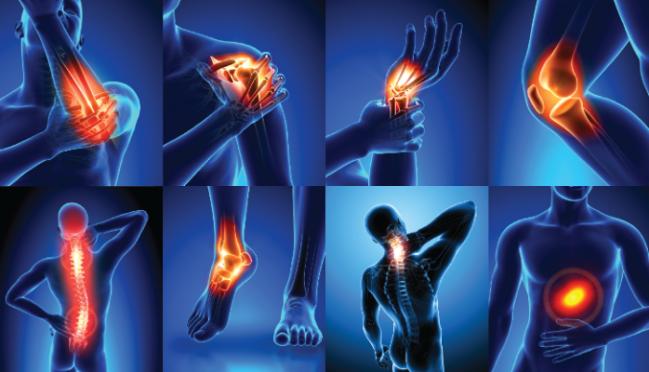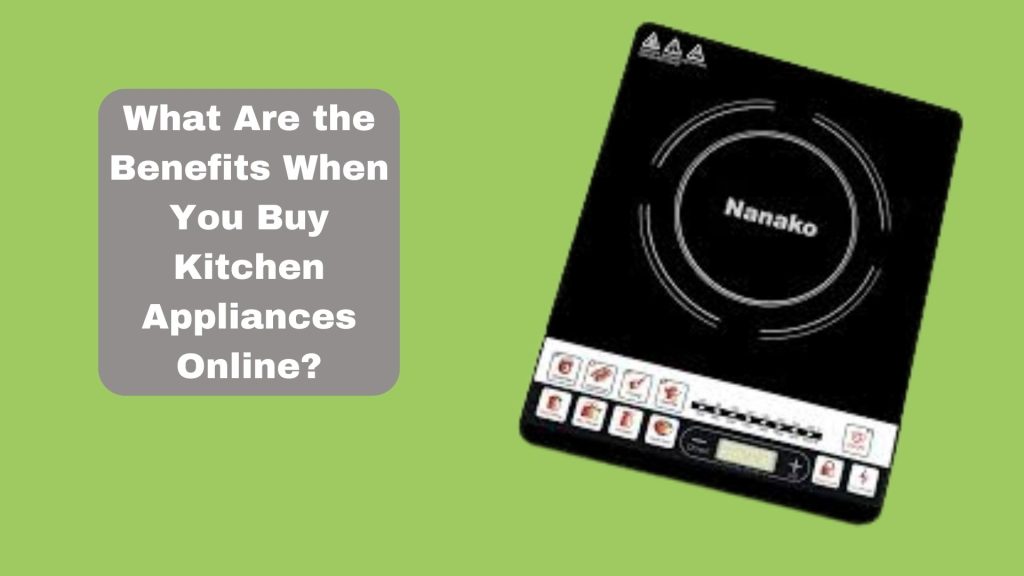Chronic Pain and Relationships: Intimacy Amidst Discomfort


People who are in chronic pain may have trouble with their relationships and other parts of their lives. When one partner is in pain all the time, it can make it harder for them to be close, understand, and help the other person.
This piece talks about how relationships and chronic pain are intricately linked, shedding light on the unique problems that couples with this condition face. Couples can get through these problems and build better, more stable relationships if they understand the physical and emotional effects of chronic pain and learn how to stay close even when they’re in pain.
1. Understanding long-term pain and how it affects relationships
What Is Chronic Pain?
It’s like having an unwanted guest that never seems to leave. Aches and pains happen to everyone every once in a while, but constant pain is a whole other level. It’s that constant, annoying pain that makes our daily lives a living hell. Plus, being in pain all the time can make it hard to get along with other people. Let’s look into the world of chronic pain and see how it changes the way partners interact with each other.
The Link Between Long-Term Pain and Personal Connections
People say that love can overcome anything, but long-term pain can really test that idea. When one partner is in pain all the time, it affects their partnership and everything else in their life. There are many effects, such as cancelled plans and mood swings. Don’t worry, though, because knowing these links is the first thing that will help you find a way to be intimate while feeling uncomfortable.
Tapaday 100MG Tablet is a medicine used to treat moderate to severe acute pain in adults. It is used to treat many conditions such as headache, fever, period pain, toothache, and colds. It effectively alleviates pain when other treatments fail to relieve your pain.
2. How talking to each other can help build intimacy with chronic pain
Effective Ways for Couples to Talk to Each Other
Now I remember: talking to each other is what keeps ties together. Open and honest conversation is even more important when someone is in chronic pain. Both people in a relationship should be able to talk about their wants, fears, and complaints without being judged or assumed to know better. When dealing with chronic pain, it’s important to listen actively, show care, and be patient in order to build understanding and closeness. Put on your conversation hat and get ready to make your relationship stronger with your partner.
Why being open and honest is important
We all know that guessing is boring, especially when it comes to pain. Telling your partner the truth about your pain levels, triggers, and limits can keep you and your partner from getting frustrated and confused. Always remember that being honest is the best approach. In this case, it’s the key to keeping a relationship going even though you’re in pain. I’m sure your partner can handle the truth, and you two can figure out how to get through this rough trip.
3. Managing Physical Intimacy: Tips for Couples Who Have Long-Term Pain
Looking at Different Kinds of Intimacy
Who said that being physically close can only happen in the bedroom? People who have chronic pain may need to think outside the box and try new ways of being close to others. There are many ways to connect with our partners and feel close to them without making the pain worse, like giving them gentle massages or hugging. Allow your imagination to run wild and find fresh ways to connect physically that make both of you happy and at ease.
Using physical closeness to deal with pain
When it comes to getting close physically, you have to be able to adjust. It’s all about finding positions and actions that make you feel the least amount of pain and the most amount of pleasure. To find out what works best for both of you, you need to try new things and talk to your partner openly. Do not forget that this is not the Olympics, so do not push yourself too far. Slow down, learn how to compromise, and enjoy the process of finding new ways to meet in person.
Tapentadol is a medication used to treat moderate to severe short-term pain (such as pain from an injury or after surgery). It belongs to the opioid analgesics family of medicines. It changes how your body perceives and reacts to pain by acting on the brain. Tapaday 200MG Tablet is a pain reliever for adults that helps after other drugs have failed.
4. Comforting words and understanding: constructing a solid base in partnerships impacted by long-term pain
How to Help a Partner with Chronic Pain Through Empathy
Understanding is your secret tool in the fight against long-term pain. Consider what your partner is going through, feel what they’re feeling, and let that help you decide what to do. Know that long-term pain affects more than just the body. It also affects the mind. By understanding their pain, listening, and being there for them, you can give them a safe place to go for support. This will improve your relationship and show your partner that they’re not in this fight alone.
Setting up a place where people can get emotional support
Being in a place with a lot of understanding, words of support, and acts of kindness is what mental support looks like. It’s even more important to have mental support when you have chronic pain. Set up a safe place for your partner to talk about their worries and pain, and be there for them when things get tough. In spite of your pain, remember that you are a team and can handle anything that comes your way.
5. Finding the Right Balance Between Independence and Dependence:
Staying Your Own Person in a Relationship with Chronic Pain
It can feel like a never-ending fight to live with chronic pain, but that doesn’t mean you have to give up who you are. Here are some ideas to help you find the right mix between being independent and needing help in your relationship:
Promoting freedom and independence
Even if one person is in constant pain, it’s important for both people in a relationship to have their own room and freedom. Support each other in their hobbies, interests, and friendships that aren’t related to the relationship. In addition to making them feel good, this gives them a much-needed break from the unbearable pain.
How to Deal with Dependence and Get Help
It’s important to be independent, but it’s also important to know when you need help or support and how to get it. Tell your partner what you need in an open and honest way. You are not weak if you ask for help; it shows that you are strong and trusting in your relationship. In the other direction, be open and helpful when your partner asks for help.













